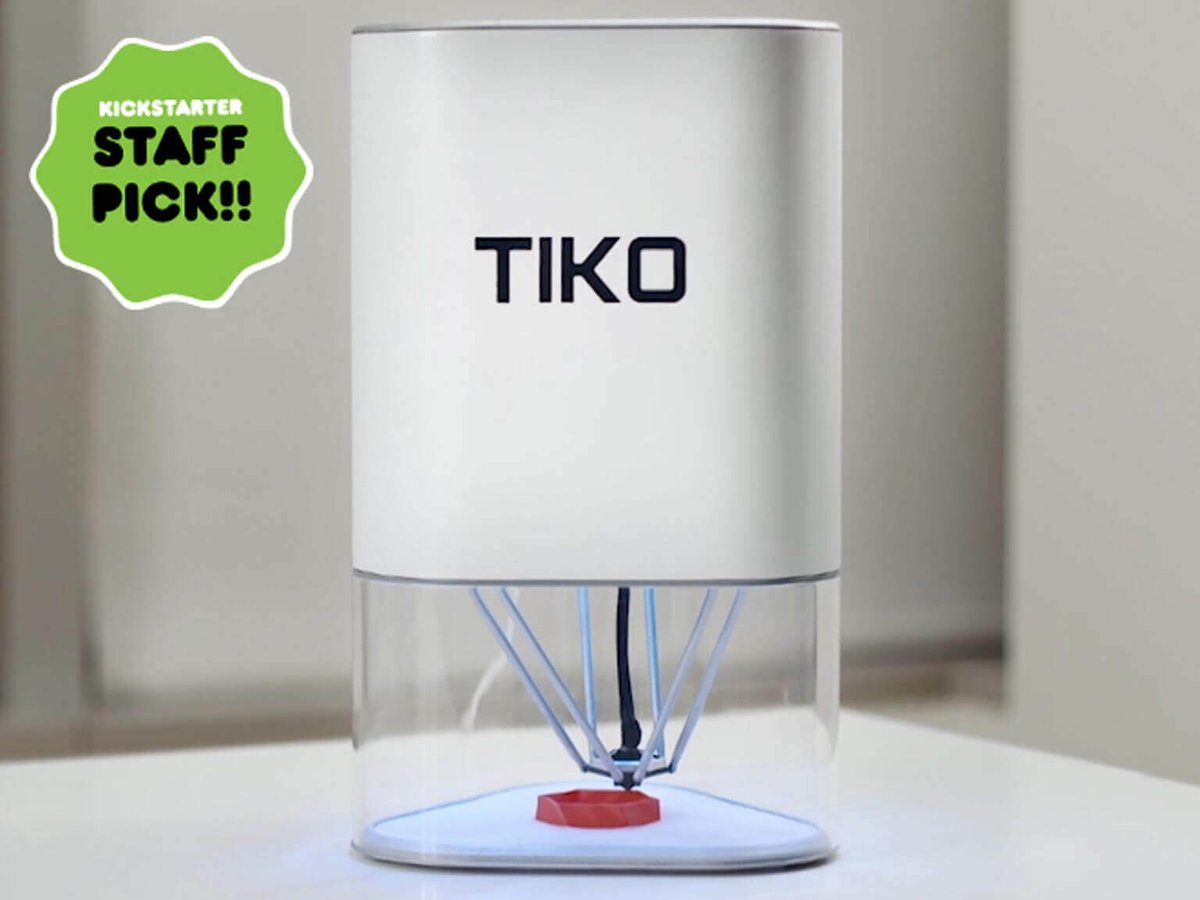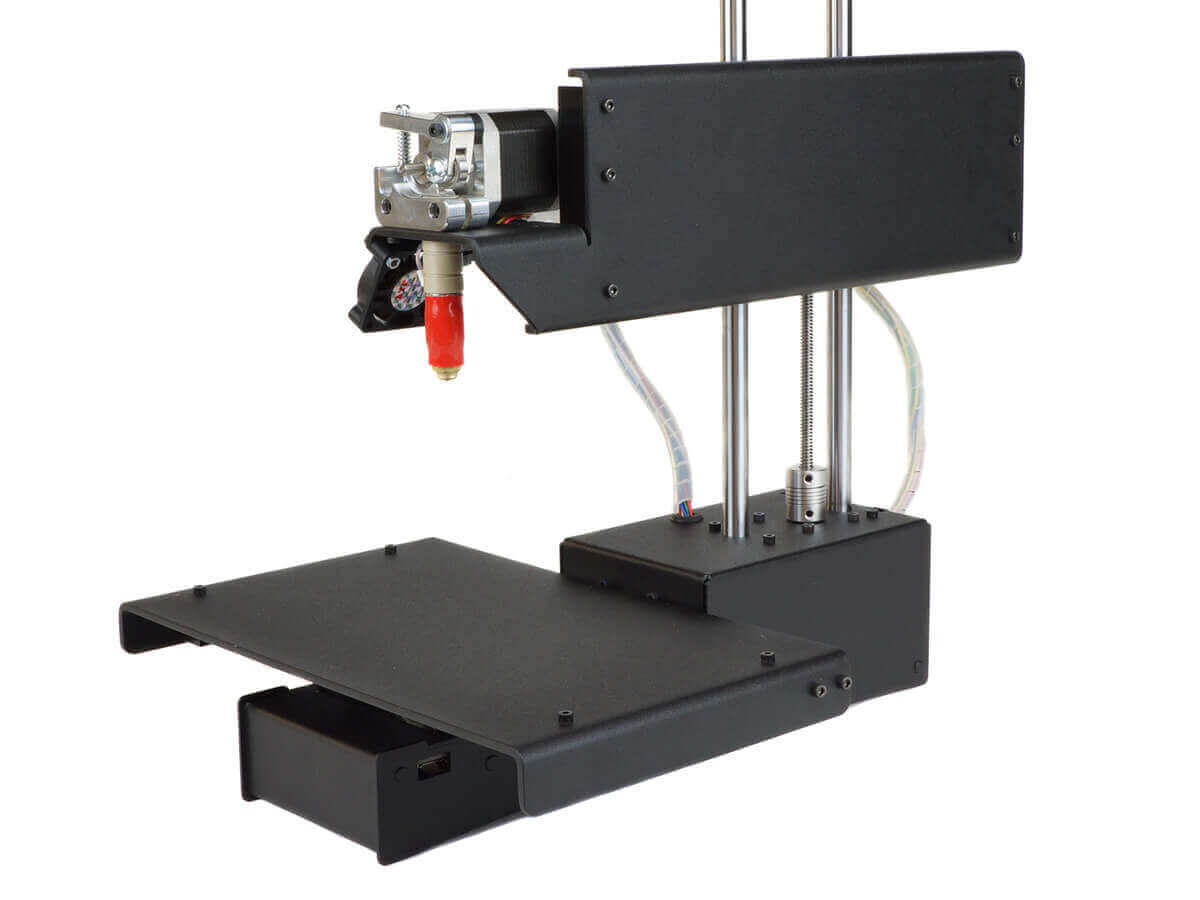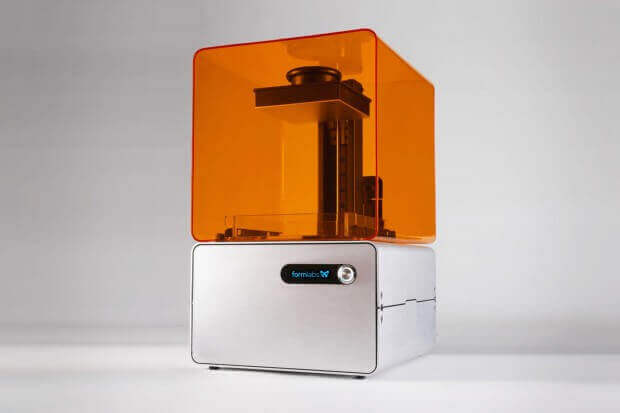Kickstarter has changed its legal status to become a certified benefit corporation. What impact will this have on the 3D Printing industry?
Three letters seem like a small change, especially if you’re not particularly interested in the corporate politics of Silicon Valley (or Brooklyn for that matter, where Kickstarter is based).
But for the 3D printing industry, this is a huge deal. Before a 3D printer is first bought to mass market, chances are that it was first launched on Kickstarter, where projects can raise hundreds of times their campaign goals, or reach full funding in a matter of hours.
The long list of 3D printing Kickstarter luminaries includes Formlabs, Printrbot, Tiko, and many more.
By stimulating consumer demand, offering new technologies, and securing funding for small business concerns, Kickstarter is filling an “innovation gap” that established 3D printer manufacturers have not addressed quickly enough. It’s an important platform for the continued growth of the industry — and now the company has made their commitment to innovation into a legal obligation, not just empty waffle in their mission statement.
This is possible because Kickstarter is still under the control of individual investors (including key figures like the co-founder of Twitter, Jack Dorsey), and they’re not beholden to other rules of publicly traded corporations. They’ve chosen to take advantage of a new corporate designation and become a certified benefit corporation.
What is a Certified Benefit Corporation?
By comparison, publicly held corporations — just an economics refresher — are instead legally bound to their shareholders. They have to maximize shareholder value, which means prioritizing making money over, well, “helping bring creative projects to life” (You can read Kickstarter’s full charter here).
This legally-binding distinction mandates that Kickstarter follow through on the pledges they made last year, when they became a “B Corp,” a voluntary and non-binding designation (with companies like Etsy among their ranks).
Under the benefit corporation designation, companies must meet three requirements:
“A corporate purpose to create a material positive impact on society and the environment; to consider the impact of their decisions not only on shareholders but also on workers, community, and the environment; an annual benefit report that assesses their overall social and environmental performance against a third party standard.”
It’s already a way for business to stress their desire to make a social impact alongside transparent business practices and environmental awareness. But Kickstarter wanted to make it legally binding.
For the additional “Certified” standard, corporations are additionally monitored by the non-profit B Lab, which sets high standards of “performance, transparency, and accountability” in its B Impact Assessment, which assesses workplace, community, and environmental corporate impact.
Board members must also take that public benefit into account when making decisions, and the company has to report on its social impact. Benefit corporations exist as a legal designation in 31 states in the United States, and legislation is progress in 5 more.
Keeping Good Company
The company is also unusually charitable, donating 5 percent of post-tax profits to arts-related charities and lessening social inequalities. Kickstarter has also agreed to “not use loopholes or other esoteric but legal tax management strategies to reduce its tax burden.” They are, quite literally, in the top .1 percent of altruistic business practices. And that’s pretty cool.
“We don’t ever want to sell or go public,” said Yancey Strickler, Kickstarter’s chief executive, in an interview with the New York Times. “That would push the company to make choices that we don’t think are in the best interest of the company.”
Of course, there are no guarantees that the projects funded through Kickstarter will share this same ethos, or that they’ll meet their funding goals, or ship on time. But the framework around those projects will be solid and fully accountable.
While Kickstarter has remained profitable (the company is valued at about half a billion dollars), they have also drawn like-minded investors interested in Kickstarter’s social mission rather than the next big idea. “It’s allowed us to find people who have a similar idealism,” says co-founder Perry Chen.
Kickstarter hopes to lead by example, and maybe other 3D printer manufacturers and tech start-ups will follow.
“There’s no downside to it,” says Strickler. “You’re just aligning your intention, the philosophy of your business, from the very beginning, around a public good. That’s something every company can do. Listen, we think of Ben and Jerry’s as the pinnacle of corporate responsibility and they make ice cream, you know? This is a path available to anybody.”
When much of the conversation about tech start-ups is about a finding a unicorn – a “billion dollar idea” — it’s exciting to see 3D printing innovators working so closely with the good guys.
License: The text of "Kickstarter is now a Certified Benefit Corporation" by All3DP is licensed under a Creative Commons Attribution 4.0 International License.


